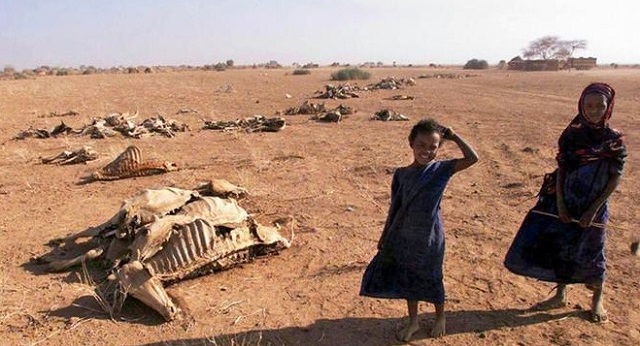
Geneva, Switzerland | Xinhua | Worsening socio-economic conditions, new and ongoing conflicts and shortfalls in humanitarian funding are increasing the risk of gender-based violence for forcibly displaced women and girls, the United Nations Refugee Agency (UNHCR) said here on Friday.
On the occasion of Nov. 25, the International Day for the Elimination of Violence against Women, the UNHCR said in a statement that a “toxic mix of crises” is inflicting a devastating toll on the forcibly displaced, which is being felt across the world, but women and girls are particularly suffering.
“Displaced women and girls are often the most vulnerable to shocks, given the loss of assets and means of subsistence, the disruption of community-based safety nets and their frequent exclusion from education and other national social protection,” the UNHCR said.
It added that among refugee populations in Algeria, Bangladesh, Cameroon, Chad, Ethiopia, Kenya, Sudan, South Sudan, Niger, Tanzania, Uganda, the Republic of the Congo and Zambia, the UNHCR has recorded serious nutrition concerns, including acute malnutrition, stunting, and anaemia.
Across eastern and southern Africa, it said, more than three-quarters of refugees have seen food rations cut and are unable to meet their basic needs. Inside Syria, 1.8 million people in displacement camps are severely food insecure, while nine in 10 Syrian refugees in Lebanon are unable to afford essential food and services.
Across the Americas, half of those forcibly displaced eat only two meals a day, with three-quarters reducing the quantity or quality of their food, according to the UNHCR statement.
The agency’s data also showed that major deteriorations in food security are projected in Yemen and the Sahel, and that millions of internally displaced people in countries like Somalia and Afghanistan live in situations where 90 percent of the population do not have access to enough food.
“Reports of girls being forced into marriage to allow the family to buy food are especially shocking. In the East and Horn of Africa, child marriages are on the rise as a way of alleviating the strain on household income,” the UNHCR statement warned, adding that sexual violence risks are also aggravated by the drought there, with women and girls being forced to trek longer distances to collect water and firewood.
 The Independent Uganda: You get the Truth we Pay the Price
The Independent Uganda: You get the Truth we Pay the Price



